About Turning Point Center of Bennington County
The Turning Point Center of Bennington, Vermont has a variety of support programs for adults recovering from substance use disorder. These include services like peer groups and a sober living house for men. While they don’t offer direct treatment like professional therapy, these programs are excellent options for supporting your recovery.
Free Support for Addiction Recovery
I like that these programs are entirely free, too. Affording addiction support can be difficult, even when you have insurance. Offering these critical support services removes so many hurdles to getting help. They approach addiction support through a whole person lens, focusing on both your physical and mental wellbeing.
One on One Coaching
This may feel familiar to you if you’ve been in one on one counseling, but the coaches in this program don’t provide therapy. Instead, they help maintain your sobriety by working with you toward your personal goals. They also connect you with SUD support and treatment services as needed.
It’s a very casual but personal experience. Having someone in your corner like this is a great way to keep yourself on track and get an outside perspective. Plus, they have direct experience with addiction, so you know you’re getting meaningful and informed insight.
Support for Probation and Parolees
This location offers multiple support groups, but the one I want to highlight here is specifically for those on probation or parole. This is a safe place for such individuals to discuss their challenges without fear of judgment, and to learn how to change behaviors that threaten their sobriety. It’s a specialized group you don’t see very often. If you’re one of these individuals, you may find the specific focus extra beneficial.
Explore Recovery in Bennington
Bennington is home to numerous historic sites. There’s the Bennington Battle Monument, the Robert Frost Stone House Museum, and several old and preserved structures, for example. Visiting these sites is a simple way to enjoy your sobriety and get closer to the community. Feeling like you’re part of something can be a factor in preventing relapse.
Rehab Score
Gallery
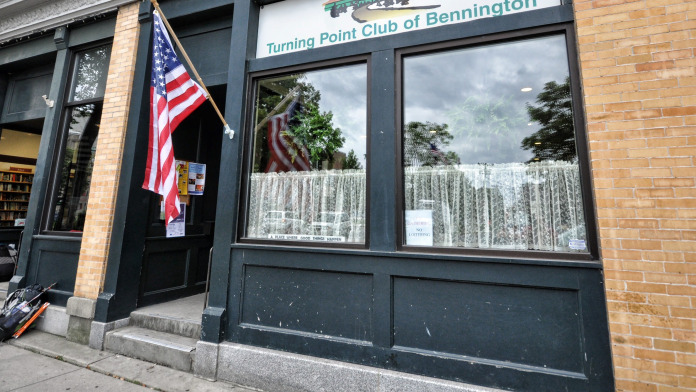
Addiction Treatments
Levels of Care
 Outpatient
Outpatient
 12-Step
12-Step
 Aftercare Support
Aftercare Support
Treatments
The goal of treatment for alcoholism is abstinence. Those with poor social support, poor motivation, or psychiatric disorders tend to relapse within a few years of treatment. For these people, success is measured by longer periods of abstinence, reduced use of alcohol, better health, and improved social functioning. Recovery and Maintenance are usually based on 12 step programs and AA meetings.
A person with substance dependence can achieve recovery through drug rehab in Vermont. Professional staff provide a combination of interventions that are designed to help you attain and maintain abstinence from drugs.
Opioid rehabs specialize in supporting those recovering from opioid addiction. They treat those suffering from addiction to illegal opioids like heroin, as well as prescription drugs like oxycodone. These centers typically combine both physical as well as mental and emotional support to help stop addiction. Physical support often includes medical detox and subsequent medical support (including medication), and mental support includes in-depth therapy to address the underlying causes of addiction.
Substance rehabs focus on helping individuals recover from substance abuse, including alcohol and drug addiction (both illegal and prescription drugs). They often include the opportunity to engage in both individual as well as group therapy.
Programs

Adult Program

Young Adult Program
Clinical Services
Research clearly demonstrates that recovery is far more successful and sustainable when loved ones like family members participate in rehab and substance abuse treatment. Genetic factors may be at play when it comes to drug and alcohol addiction, as well as mental health issues. Family dynamics often play a critical role in addiction triggers, and if properly educated, family members can be a strong source of support when it comes to rehabilitation.
Group therapy is any therapeutic work that happens in a group (not one-on-one). There are a number of different group therapy modalities, including support groups, experiential therapy, psycho-education, and more. Group therapy involves treatment as well as processing interaction between group members.
In individual therapy, a patient meets one-on-one with a trained psychologist or counselor. Therapy is a pivotal part of effective substance abuse treatment, as it often covers root causes of addiction, including challenges faced by the patient in their social, family, and work/school life.
Staff
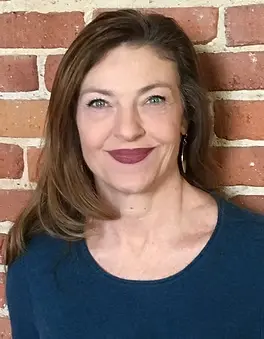
Margae Diamond
Executive Director
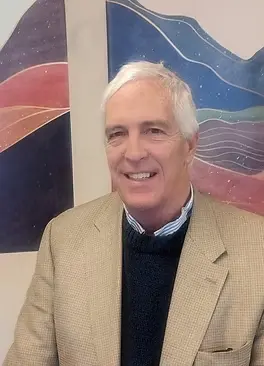
Michael Kuser
Assistant Director & ED Supervisor
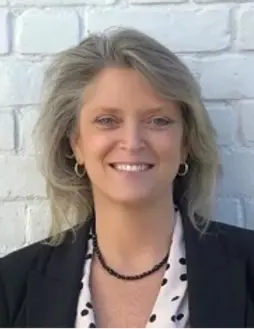
Wendy Lawrence, RTR
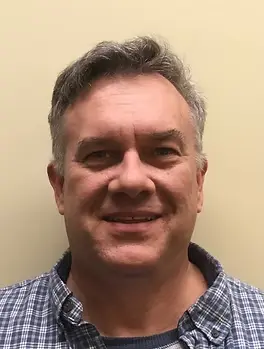
Phil Steadman
BOD VP
Contact Information
601 Main St
Bennington, VT 05201